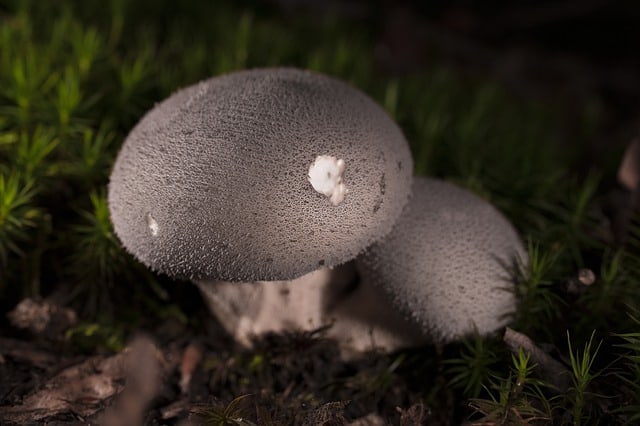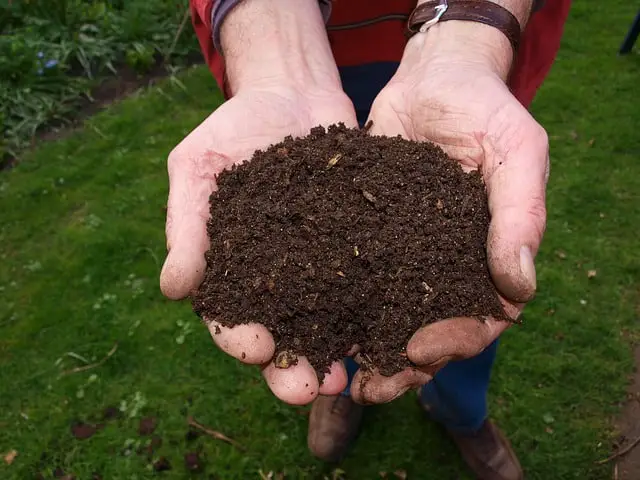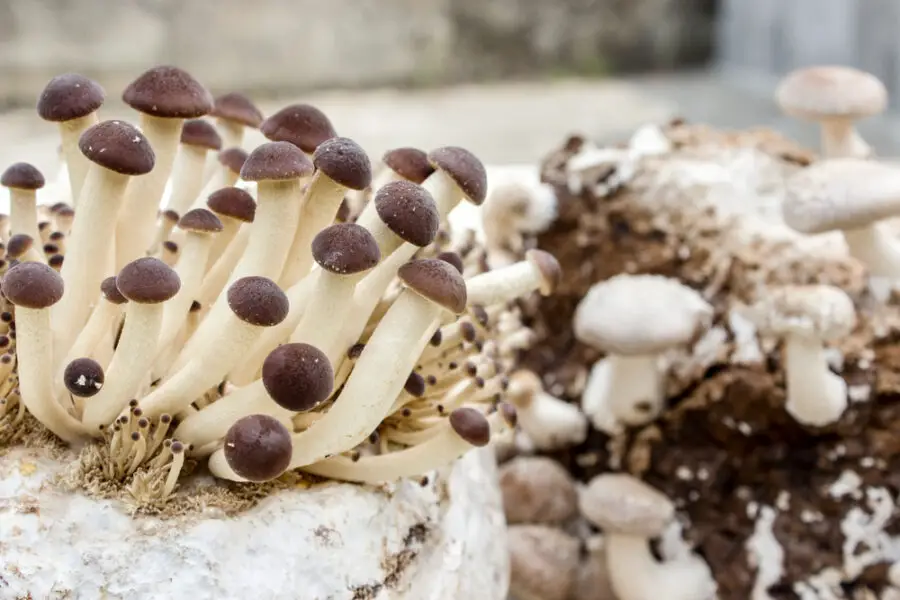Some claims say that Lion’s Mane mushrooms taken in conjunction with Reishi mushrooms may help to prevent or combat hair loss, but the evidence is insignificant.
Lion’s Mane has been used for a long time to help many ailments and conditions, but they remain theories because there is not enough evidence to support these claims.
What does Lion’s Mane do for cognitive function?
Lion’s Mane may protect against the development of dementia, Alzheimer’s disease, and Parkinson’s disease due to its potential cognitive properties.
A study of rats that were given a Lion’s Mane supplement for a period of time showed better recognition and recognition memory. This is not enough evidence to say that it will do the same thing in a human, but the theory exists and could be studied further.
Does Lion’s Mane make you smarter?
Although there are not any substantial studies on Lion’s Mane, it is believed that Lion’s Mane may potentially make you smarter.
Lion’s Mane stimulates the production of NGF, or nerve growth factor, which may strengthen the connection between neurons. It may also improve neuron health.
Even if Lion’s Mane doesn’t make you smarter, it may potentially be able to repair some neurological damage due to injury or age.
What does Lion’s Mane do to your gut?
Lion’s Mane may help regulate gut health. It encourages the growth of good bacteria that helps aid the body in the digestive processes.
Lion’s Mane is also thought to prevent stomach ulcers, but the evidence is not significant enough to say for sure.
What does Lion’s Mane do for inflammation?
Some studies indicate that Lion’s Mane may help reduce inflammation.
Reducing inflammation also helps with regulating diabetes and immune disorders, so lion’s mane may help with these conditions, but there is no significant evidence to support this because the studies that have been performed have been on rats. In rats, Lion’s Mane helped to lower blood sugar levels in 4-6 weeks.
What does Lion’s Mane do for energy?
Lion’s Mane has been taken by some for an energy booster. This is said to be effective when paired with morning caffeine like tea or coffee. The combination of the two of them may cause increased amounts of energy and focus.
Lion’s Mane also has properties that may reduce fatigue after physical activity. It may help aid the body to increase energy production.
What does Lion’s Mane do for anxiety?
Lion’s Mane is consumed before bed by some individuals to reduce anxiety and promote healthy sleep.
The theory behind this is that the mushroom provides anti-inflammatory properties, which may lead to a state of calm in some users. Before bed it is common to over-think or stress and Lion’s Mane has been used to reduce that state of worry and reintroduce a state of calm.
Is Lion’s Mane addictive?
Lion’s Mane has shown no risk of addiction over a long history of use. It doesn’t create withdrawal symptoms in users, or receptor down-regulation. Side effects are pretty much nonexistent unless you have an allergy to the mushroom.
The Euro-Asian peoples have long used Lion’s Mane for many ailments and more without adverse effects or addiction.
How does Lion’s Mane make you feel?
Lion’s Mane can reduce some symptoms of anxiety and depression by giving the user a mood boost and a sense of calm. It may also increase cognitive function and focus. It can be taken in the morning so that after any physical activity it helps to reduce fatigue and it may even aid the body in the production of more energy.
Does Lion’s Mane make you sleepy?
Lion’s Mane does not make the user drowsy. It can have a calming property for some individuals that can create a much-needed stillness and peace before bed. It may encourage restful slumber, but it doesn’t cause drowsiness.
Do Lion’s Mane mushrooms make you high?
Lion’s mane is not a psychoactive mushroom, and it won’t make you high. It may be a calming agent in those who suffer from minor anxiety and depression symptoms. It can increase energy levels and boost your mood, but it does not cause a high or a trip.
Who should not take Lion’s Mane?
If you’re wondering if you should take Lion’s Mane to supplement your diet, you should make sure with your doctor before making any changes. There’s a chance that it could interact with medications or other medical conditions in adverse ways.
It’s possible that lion’s mane could aggravate allergies and/or asthma. It’s always important to talk to your health care team to make sure a change is the best option for you. Never mix medicines and substances without consulting a health care professional because there is a chance that it could be fatal.
How long does it take for Lion’s Mane to start working?
Depending on what kind of reaction or effect you’re looking for, some effects may kick in as it’s digested while other effects may require it to be taken regularly in order to see results.
A study of rats showed that cognitive function improved while taking the Lion’s Mane supplement but decreased again after they discontinued use. Different uses of Lion’s Mane will have different “waiting times” for the potential outcome to begin or appear.
When should I take Lion’s Mane?
The most effective way to use Lion’s Mane is to take it in the morning. It increases cognitive function, boosts mood, and increases energy. It can be used in place of or in addition to your regular cup of morning coffee or tea. Using it with caffeine is thought to help increase your focus throughout the day.
How long does fresh Lion’s Mane last?
Lion’s mane is good when left whole for 7-10 days. If they’re sliced, diced, or otherwise cut, they’ll last 5-7 days. If they’re cooked, they’ll be good for 7-10 days. If they’re dried, they may last up to 3 years.
How do you know if Lion’s Mane is bad?
If your mushrooms are putting off an odor, they’re likely already bad. Another sign that they’re past their prime is that they’re sticky to the touch, slimy, and or wrinkly. If any of these are true, it’s probably best to toss them out.
Hi, I’m John Stephens, chief editor and writer for Totalgardener.com. I’ve been gardening and raising animals for over 15 years starting with a small backyard plot in Northern Virginia where I grew corn, potatoes, squash, and using a high mulch technique called the Ruth Stout Method. I also raised ducks and small mammals for meat and eggs in a movable pen similar to the ones used by Joel Salatin. I later moved to Colorado where I experimented with growing greens using aquaponics inside. I eventually added a microgreens setup and home sprouting operation. I’m excited to share everything I’ve learned plus more from the other local gardening and animal raising experts I know.



